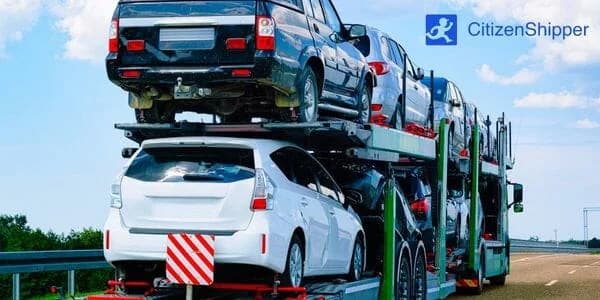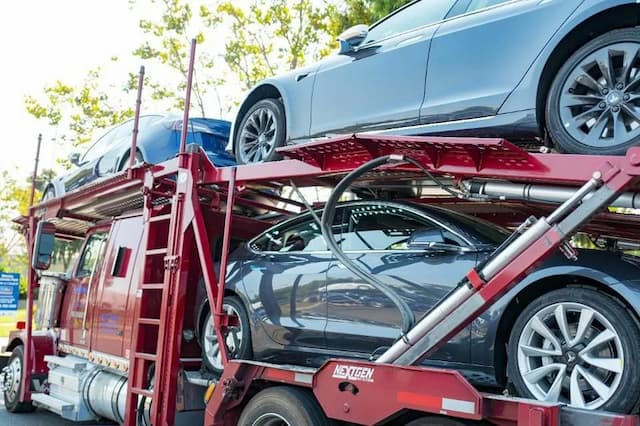Navigating Car Transport in Plano, TX
When it comes to shipping your car in Texas, there's a world of factors to consider. Texas, with its vast landscapes, extreme weather patterns, and complex highway systems, presents a distinct set of circumstances. But don't worry! Here at CitizenShipper, we are committed to helping you navigate through it all. Whether you're moving into or out of Plano or need to transport your car for any reason, our expert team is here to help.
Texas Vehicle Transportation Laws & Regulations
In Texas, car transportation laws and regulations are in place to ensure the safety and preservation of all vehicles and public roadways. Auto transporters must adhere to the Federal Motor Carrier Safety Administration (FMCSA) regulations for safety. Compliance involves ensuring that all vehicles are properly secured during transport and maintaining necessary documents for every shipped vehicle.
All auto transporters operating in Texas must also possess an active MC Docket number, issued by the FMCSA. This number signifies that a transportation company is registered under the federal government, allowing them to legally operate across state lines. Additionally, Texas has specific weight and size restrictions for commercial vehicles, which can affect how many cars can be transported at once.
Weather & Terrain Considerations in Plano, TX
Weather patterns in Plano, TX have a significant impact on car shipping. With a humid subtropical climate, Plano experiences hot summers with temperatures regularly exceeding 95°F and mild winters. The region is also susceptible to severe thunderstorms, occasional tornadoes, and flash flooding, particularly during spring and early summer, which can impact transportation schedules and routes.
While Plano itself is situated on relatively flat terrain in the North Texas region, the surrounding areas of the Lone Star State vary significantly. The Dallas-Fort Worth metroplex's urban density can slow transport times, especially during rush hours. For longer hauls across Texas, carriers may encounter everything from the flat plains of North Texas to the Hill Country in central Texas and the desert landscapes of West Texas. These geographical variations can present shipping challenges, especially for larger vehicles or specialty transports. It's beneficial to plan ahead and account for possible delays, particularly if your shipment involves crossing multiple regions of Texas.








